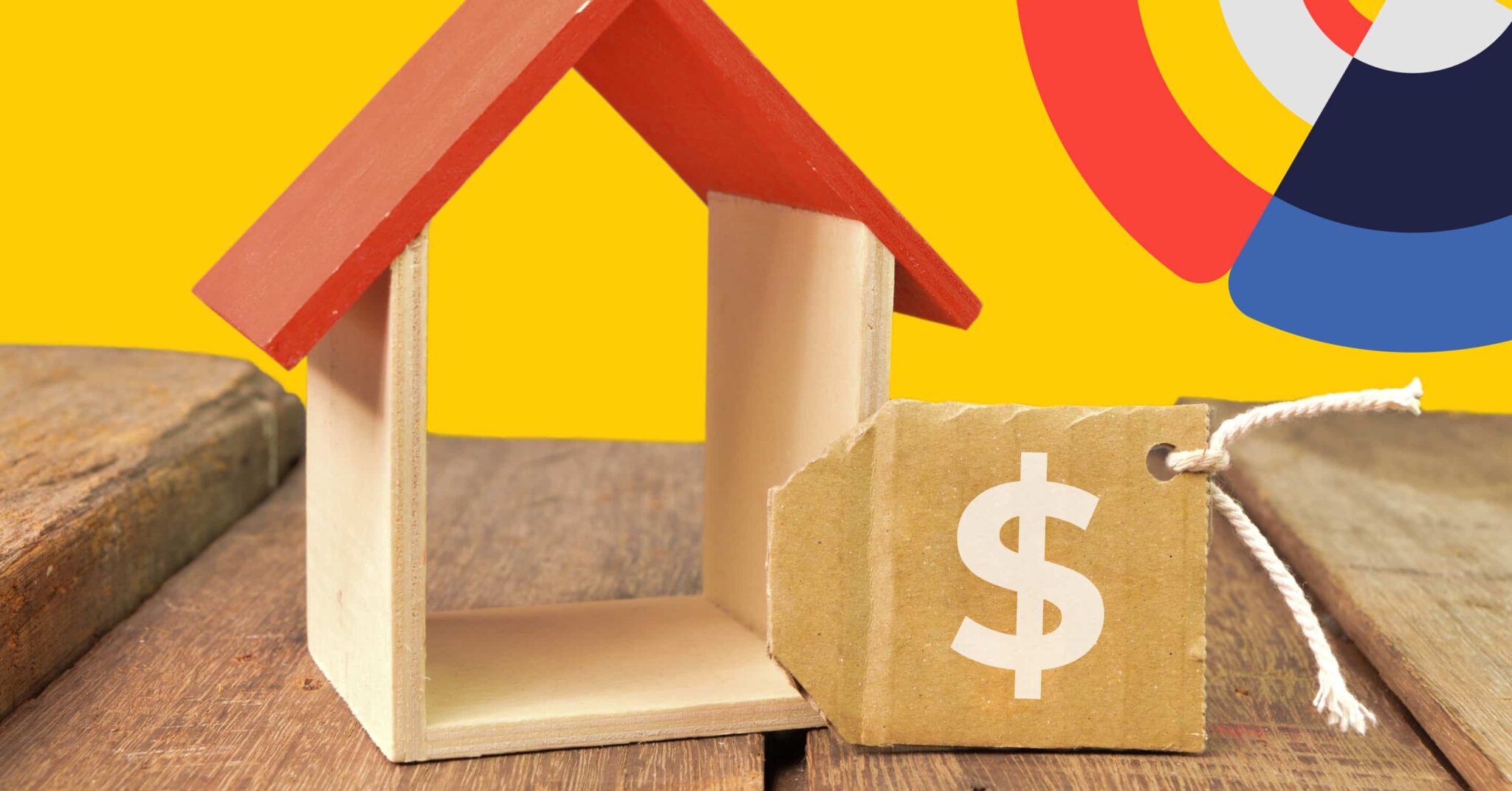Remortgage Loans in Canada Make it Easy to Access Your Home Equity

Table of contents
Remortgaging, or refinancing, is a typical financial strategy homeowners use to leverage their property’s value. It involves replacing your existing mortgage with a new one, potentially with different terms and interest rates, or extending your amortization or loan amount. In Canada, remortgaging offers flexibility and opportunities for homeowners to achieve various financial goals.
Key Takeaways
- Remortgaging replaces your existing mortgage with a new one, potentially offering better terms or lower interest rates.
- Remortgaging can help you access home equity, consolidate debt, or pay off your mortgage faster.
- Remortgaging has pros and cons, including potential savings and stricter qualification criteria.
What Is Remortgaging?
Remortgaging is a refinance of your current mortgage for a new one, either with your existing lender or switching to a new lender. Depending on your needs and financial goals, this new mortgage can have the same loan amount, a higher amount, or even a lower one. However, suppose you’re remortgaging to reduce your mortgage amount or amortization. In that case, you can simply renew your mortgage at a lower rate instead of a remortgage, which typically comes with a higher mortgage rate.
Is a renewal or refinance better for your mortgage needs?
- Renewal: A mortgage renewal occurs when you remortgage for the same or reduced amount as your current mortgage balance while reducing or keeping the same amortization.
- Refinance: A mortgage refinance occurs when you borrow more than your current mortgage balance to access some of your home equity or extend your amortization.
How Does Remortgaging Work in Canada?
In Canada, fixed mortgages typically have terms of 1 to 5, 7 or 10 years, while variable and adjustable mortgages are available for 3 and 5-year terms. At the end of the term, you can remortgage or renew with a different lender or with your current lender. Remortgaging can be done any time during your term, but it’s generally more cost-effective to avoid prepayment penalties at the end of your term.
- Prepayment Penalties: If you break your mortgage contract before the term ends, you’ll likely incur prepayment penalties. The amount varies depending on the remaining term, interest rate, outstanding mortgage balance, mortgage type (fixed or variable), and your lender’s policies.
- Remortgage Process: When you remortgage, your new or current lender pays off your existing mortgage and replaces it with another mortgage or term, or a new mortgage is registered against your property with the same or new lender.
Why Would You Remortgage Your Home in Canada?
Remortgaging can serve various financial purposes. Here are some common reasons why homeowners choose to remortgage:
Secure Lower Interest Rates: By shopping around and comparing offers from different lenders, you might find a lower mortgage rate than your current one, saving you thousands of dollars over the mortgage term.
Access Home Equity: You can borrow up to 80% of your home’s value through a refinance, allowing you to access funds for various reasons:
- Home renovations
- Debt consolidation
- Purchase liquid investments or an investment property
- Education and tuition costs
- Retirement income
Pay Off Your Mortgage Faster: Remortgaging with a shorter amortization period or improved prepayment privileges can help you become mortgage-free sooner.
Mortgages giving you a headache?
Take a breather and work with nesto experts to make it easy for you.
Pros and Cons of Remortgaging
Remortgaging has both advantages and disadvantages:
Pros:
- Potential Savings: Lower interest rates or debt consolidation can lead to significant savings.
- Faster Mortgage Payoff: Shorter amortization or increased prepayment options can help you pay off your mortgage quicker.
- Access to Equity: Remortgaging is a relatively affordable way to access equity from your home compared to other loan options, such as setting up a second mortgage, which requires a refinance or postponement to switch your mortgage at its next renewal.
Cons:
- Higher Mortgage Payments: Increasing your mortgage amount means higher monthly mortgage payments.
- Stricter Qualification: The mortgage stress test makes it harder to qualify for larger mortgages or to switch lenders if your mortgage becomes uninsured after a refinance.
- Prepayment Penalties: Breaking your mortgage before it matures can result in hefty penalties.
Costs of Remortgaging
Remortgaging involves certain closing costs if you’re extending your mortgage amount or amortization:
- Legal Fees: A lawyer or notary is needed to update the title and register the new mortgage. Some lenders may cover these fees on higher mortgage amounts.
- Prepayment Penalties: If you break your mortgage term early, you’ll likely face prepayment penalties, which can be substantial.
- Appraisal Fees: Lenders might require a new appraisal to assess your property’s value.
- Other Closing Costs: These may include discharge fees, registration fees, and administrative costs.
Types of Remortgage Products in Canada
- Standard Remortgages: For homeowners with good credit and stable income.
- Second Mortgage Refinancing: You can access additional funds using your home equity while keeping your first mortgage.
- Remortgages for Investment Properties: Tailored for properties used for rental income or investment purposes.
- Home Equity Lines of Credit (HELOC): A flexible line of credit secured against your home equity might require a collateral charge registration on your home, depending on the lender.
- Other Options: Private mortgages, sub-prime mortgages, secured lines of credit, and many different types of mortgage solutions are available for specific situations.
Alternatives to Remortgaging
- Blend and Extend: You can blend your current interest rate with a lower rate and extend your term with your current lender before the end of your term, potentially avoiding prepayment penalties.
- HELOC: Access funds using your collateral charge to set up a secured line of credit without breaking your mortgage.
Second Mortgage: This is another way to access equity, but it typically has higher interest rates and fees than a refinance or HELOC.
Frequently Asked Questions (FAQs) on Remortgaging
When can I remortgage my home?
You can remortgage anytime, but it’s usually best to wait until the end of your term to avoid prepayment penalties.
Can I remortgage my house early?
Yes, you can, but you’ll likely incur prepayment penalties.
Can I remortgage my house to buy another home?
You can refinance to access equity for a downpayment on another property.
Can I remortgage my house to pay off debt?
Yes, you can use the funds from a refinance to consolidate and pay off high-interest debt.
Final thoughts
Remortgaging can be a valuable tool for Canadian homeowners to achieve their financial goals, whether securing lower mortgage rates, accessing home equity, extending their amortization, or paying off their mortgage faster. However, it’s crucial to carefully weigh the pros and cons, understand the associated costs, and consider your alternatives for your financial situation before deciding.
If you’re considering remortgaging your home in Canada, seeking expert advice is essential. Contact a nesto mortgage expert today for a free consultation to discuss your options and find the best mortgage solution for your unique needs.
Why Choose nesto
At nesto, our commission-free mortgage experts, certified in multiple provinces, provide exceptional advice and service that exceeds industry standards. Our mortgage experts are non-commissioned, salaried employees who provide impartial guidance on mortgage options tailored to your needs and are evaluated based on client satisfaction and advice quality. nesto aims to transform the mortgage industry by providing honest advice and competitive rates using a 100% fully digital, transparent, seamless process.
nesto is on a mission to offer a positive, empowering and transparent property financing experience – simplified from start to finish.
Contact our licensed and knowledgeable mortgage experts to find your best mortgage rate in Canada.
Ready to get started?
In just a few clicks, you can see our current rates. Then apply for your mortgage online in minutes!















